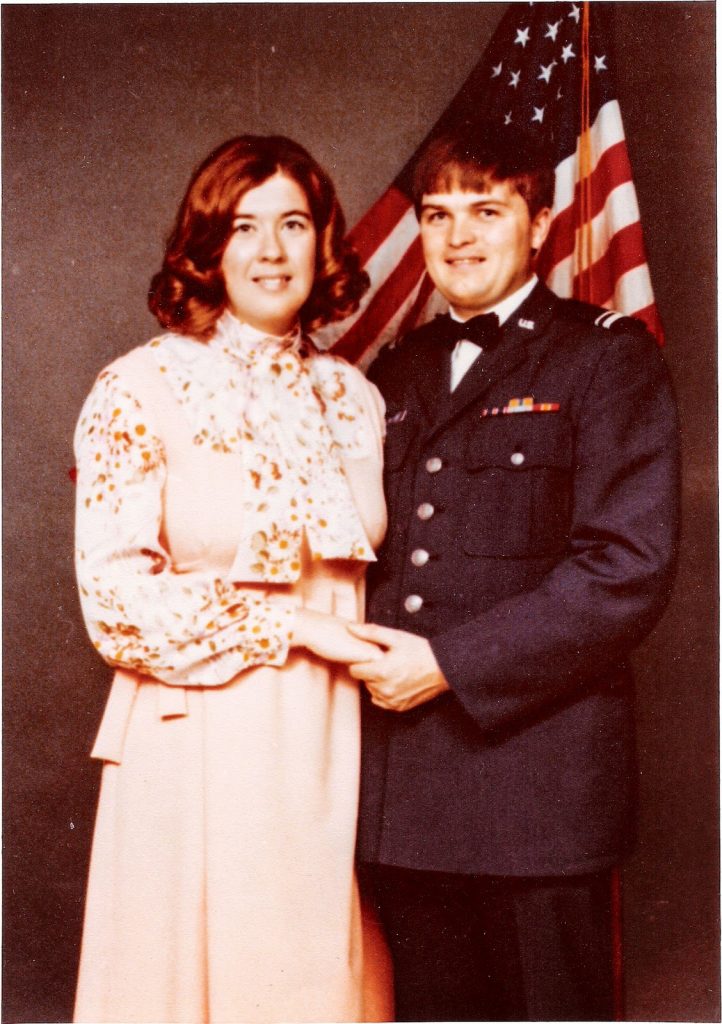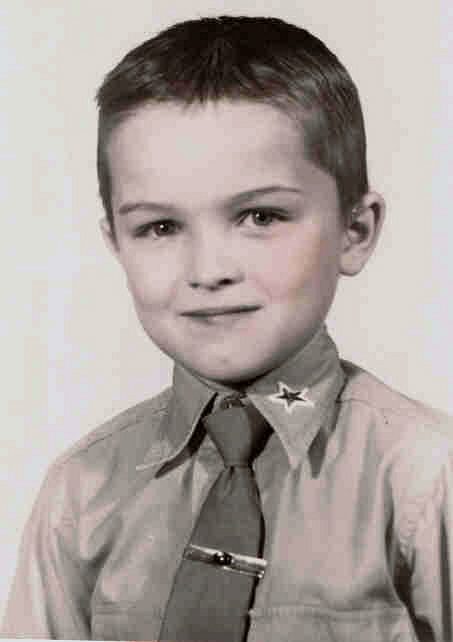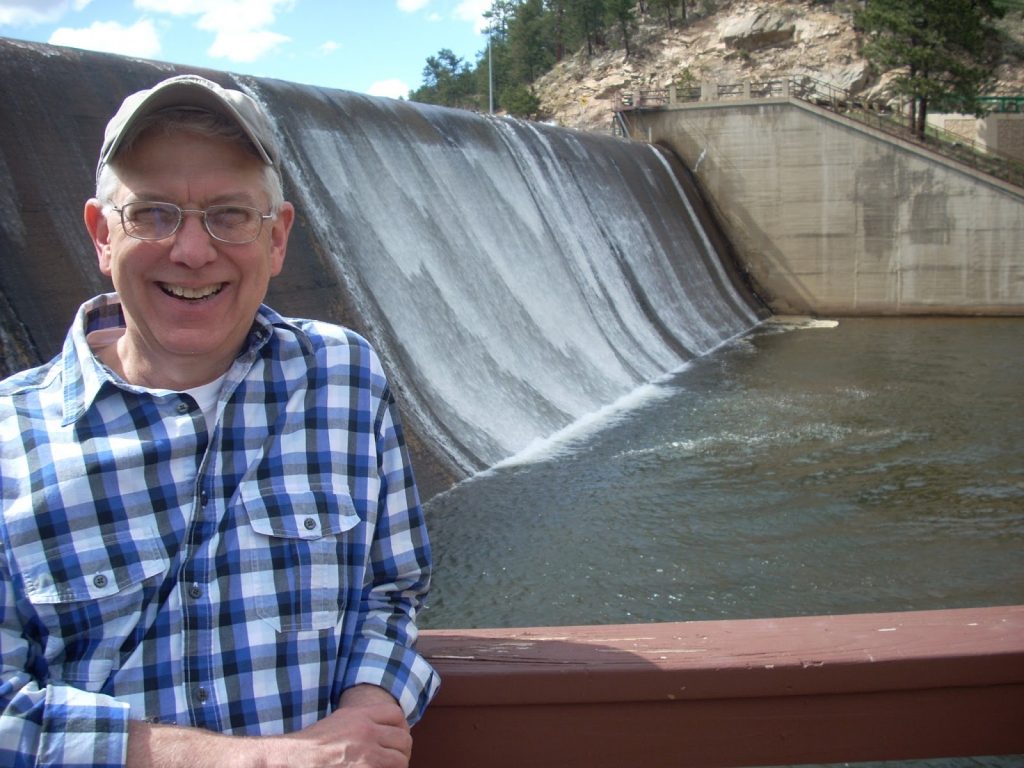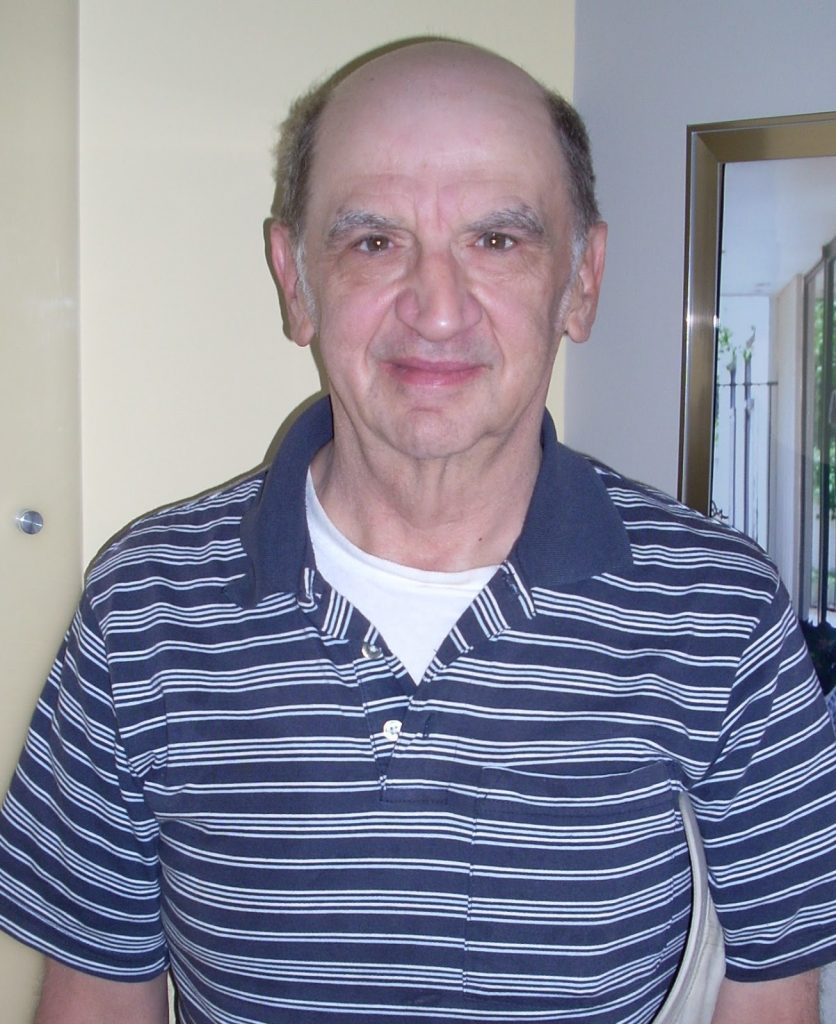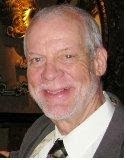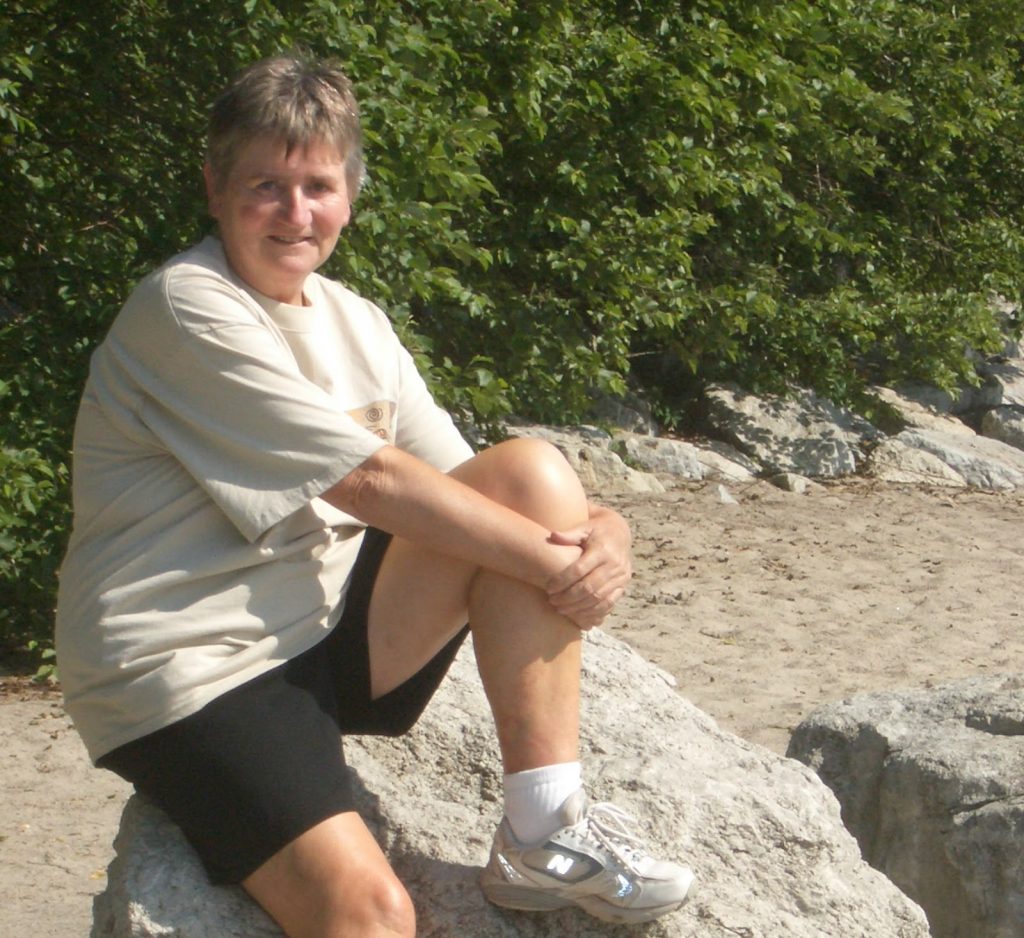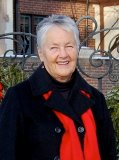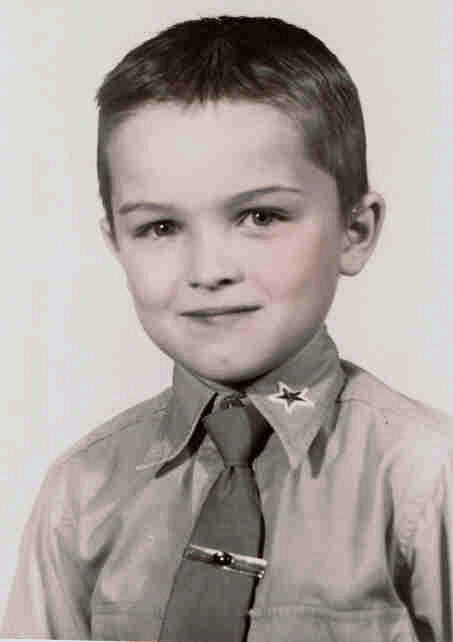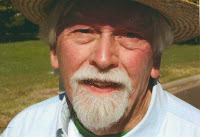It might have been soccer thugs battling riot police, or the Vietnam war or, a little child exhibiting an extreme case of the terrible two’s on the bus. In many instances, my parents, most especially my father, would shake his head and say,
“What a performance!”
That use of the expression was quite common in the Britain of my youth, but I’m very out of touch with everyday British jargon these days. I am stuck in a 1950’s British English and on visits I tend to get quizzical looks when I talk and comments such as, goodness me, I haven’t heard that in decades! Or worse yet, oh yeah, I remember my old granny saying that.
I often find, when I look up in the dictionary words and phrases still commonly in use by me, the preface “arch. Brit,” which does, indeed, make me feel archaic. So I checked out “performance” before writing this and found that the on-line Oxford English dictionary does offer three definitions.
1) An act of presenting a play, concert, or other form of entertainment,
2) An act of performing a dramatic role, song, or piece of music, and a third which it proclaims as informal, chiefly Brit. but does not deem to be “arch.”
3) A display of exaggerated behavior, or a process involving a great deal of unnecessary time and effort; a fuss.
“What a performance,” was about as critical or judgmental as I ever heard from my dad. He was not a great talker anyway, but I don’t think he was awash with unspoken negative thoughts. He was generally a very positive person and, “what a performance,” was just about the limit of his negativity. When, on rare occasions, it was directed at me, I knew I was well and truly in the dog house.
Like the time my homework blew away.
It was a rare beautiful warm sunny Sunday morning and I was writing a paper sitting out on the back lawn. My mother called to me to help with preparing lunch, and foolishly I left my almost completed work on the chair. Busy indoors, I failed to notice that a strong wind had come up until it was too late. I rushed outside but the chair had blown over and the papers, representing about three hours of work, had disappeared. I flew into a terrible teenage temper tantrum, swearing and stomping, kicking the chair around and finally hurling it in the general direction of a very disdainful cat. Dad, coming from the vegetable garden where he’d been working, to see what on earth was happening, watched in silence until my rage finally ran itself out of energy. He looked at me with very much the same expression as the cat. “What a performance!” was all he said, and shaking his head in disbelief, returned to the onion patch.
One of our neighboring farmers was about as lazy as it’s possible to be and still maintain any kind of farm at all, even an inefficient one. When he did summon up enough energy for action, it usually took the form of wandering to the nearby pub until he could summon up enough energy to leave, which generally meant closing time. His hedges and fences were a mess and the gates too crooked to latch properly, so his cows were always wandering off in search of greener pastures. One day they identified our lawn as such, and I was dispatched on my bike to get their owner. It being a Friday evening I didn’t bother trying the farm but went straight to the pub, where I managed to pry Mr. Evans loose from his pint. He and three drunken cronies staggered to our house, only a short distance away, and began rounding up the dozen or so cows, only to succeed in startling the animals and driving them haphazardly into the vegetable garden and thence into the flower beds. The ground was very wet and soft from recent rains and the poor animals slipped and slithered around, mooing and rolling their eyes, stamping and snorting, and inevitably adding a considerable amount of steaming brown goo to the muddy earth. Eventually they all, cattle and men, shoved through the hole in the hedge the entering cows had created, and quiet descended. Mum and Dad and I gazed at the chaos that remained. I suspect many men in such circumstances would curse roundly, shouting of retribution and revenge.
My dad took off his flat cap and scratched his bald head.
“What a performance!”
The last time I joined my parents in their own home was when I took a short leave of absence from work and went to England to get them settled in nursing homes. My mother had fallen and broken her hip, an accident from which she never really recovered, and was only able to get around with a walker. My father was physically fit as a fiddle, but completely lost to dementia. By that time, he had no idea who I was. As I left the room I heard him asking my mother, “Who is that woman?”
They were an impossible combination. Dad would be off God knows where doing God knows what and Mum wasn’t physically able to keep tabs on him. This was our last night in our old home which we had inherited from my paternal grandparents. The old place still had no heating system except the coal and log fire and a small electric bar heater. My dad certainly was not safe with a real fire so I had asked friends to take all the logs and coal for their own use now summer was officially here, so we were down to the electric heater.
The evening was cold and Mum turned on the bar heater which stood just in front of the original fireplace. In no time the three bars glowed red, emitting some semblance of warmth. Not enough, apparently, however, for my dad. Before we realized what he was up to, he grabbed the old metal poker which still hung in its assigned spot beside the fireplace, and jabbed it between the protective bars directly into the glowing electricity.
There was a loud crack and a whoooosh, lots of sparks flew, followed by a billow of stinky black dense smoke.
The cat, the last in a long line vaguely descended from the one not even narrowly missed by that flying lawn chair decades earlier, now disturbed in the act of settling himself cozily as close to the heat source as he could get, changed course and leapt onto my mother’s lap. He landed deftly in the middle of her knitting, startling her, perhaps, even more than the exploding heater. She jerked in alarm, in turn knocking her full water glass onto the cat, which let out a furious scream/growl combo and jumped onto the table, trailing wool and one attached needle.
I had set the table, complete with table cloth, ready for dinner. The cat, landing on it in full flight, dug in his claws as it started to slide, resulting in cat and cutlery crashing to the floor. The enraged cat ran from the room.
Mum sat, speechless, in her armchair.
Opposite her sat Dad, gazing in silent fascination at the ruined heater.
In the sudden silence that ensued, I came so close to tears.
I had heard such a clear resounding echo, in my head, of my younger father’s voice, saying, calmly, “What a performance!”
© 14 April 2014
About the Author
I was born and raised in England. After graduation from college there, I moved to the U.S. and, having discovered Colorado, never left. I have lived in the Denver-Boulder area since 1965, working for 30 years at IBM. I married, raised four stepchildren, then got divorced after finally, in my forties, accepting myself as a lesbian. I have now been with my wonderful partner Betsy for 25 years.
